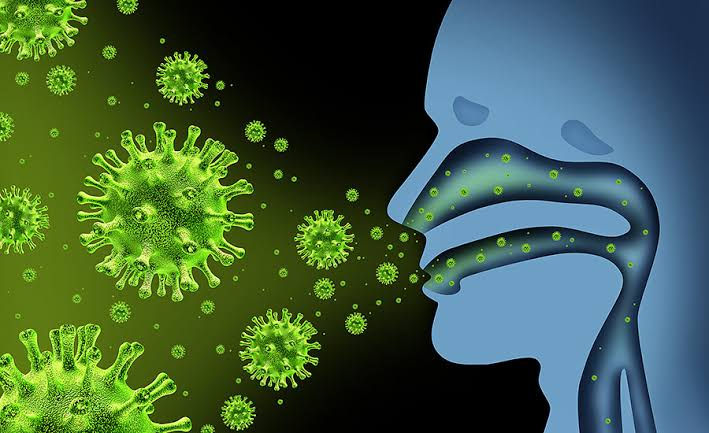Understanding ADHD: Challenges, Treatment, and Misuse of Medication
- thepremedgazette
- Jan 4, 2025
- 3 min read
By Tehreem Zahra

Attention Deficit Hyperactivity Disorder (ADHD) is a neurodevelopmental condition that
affects millions of individuals worldwide. Characterized by symptoms such as inattention,
hyperactivity, and impulsivity, ADHD can significantly impact daily life, academic
performance, and personal relationships. While ADHD is commonly diagnosed in childhood,
many individuals continue to experience symptoms into adulthood.
What Causes ADHD?
ADHD is believed to arise from a combination of genetic, neurological, and environmental
factors.
1. Genetic Factors: ADHD often runs in families, suggesting a strong hereditary component.
Variations in genes that regulate dopamine, a neurotransmitter linked to focus and attention,
are commonly observed in individuals with ADHD.
2. Neurological Factors: Brain imaging studies show structural and functional differences in
the prefrontal cortex, the region responsible for executive functions like decision-making,
impulse control, and attention.
3. Environmental Factors: Environmental influences, particularly during pregnancy and early childhood, can play a significant role in the development of ADHD. Key examples include:
Prenatal Exposure: Maternal smoking, alcohol consumption, or substance use during pregnancy increases the risk of ADHD.
Premature Birth: Children born prematurely or with low birth weight are more likely to
develop ADHD.
Toxins: Early exposure to environmental toxins like lead or pesticides can negatively affect brain development.
Early Life Stress: High levels of stress, trauma, or inconsistent parenting in early childhood may worsen ADHD symptoms in genetically predisposed individuals.
Diet and Nutrition: Some research suggests that deficiencies in essential nutrients like iron or omega-3 fatty acids during childhood may contribute to ADHD-like behaviors.
Treatment Options for ADHD
There is no definitive "cure" for ADHD. However, it can be managed effectively through a
combination of:
1. Medications: Stimulants like methylphenidate (e.g., Ritalin) and amphetamines are
commonly prescribed to help regulate brain activity and improve focus. Non-stimulant
medications are also available.
2. Behavioral Therapy: Cognitive Behavioral Therapy (CBT) and other strategies can help
patients develop coping mechanisms.
3. Lifestyle Adjustments: Exercise, mindfulness, and a structured daily routine often
complement medical treatment.
4. Support Systems: Support groups and educational resources can aid individuals and
families in navigating the challenges of ADHD.
The Danger of Self-Diagnosis
The rise of mental health awareness, while positive, has also led to an increase in self-
diagnosis. Platforms like TikTok and Instagram often present ADHD symptoms as generic
traits (e.g., procrastination or forgetfulness). This oversimplification can lead individuals to
wrongly assume they have ADHD without a professional evaluation.
Self-diagnosis not only risks overlooking other underlying issues but also undermines the
seriousness of ADHD as a medical condition.
The Impact of Methylphenidate Misuse
Non-patients who misuse medications like methylphenidate (mostly students) often do so to
enhance focus or productivity. This misuse is problematic for several reasons:
1. Supply Strain: The increased demand can lead to shortages, leaving actual patients
struggling to access essential medication.
2. Stigma: Misuse contributes to skepticism about the legitimacy of ADHD, making it harder
for genuine patients to seek understanding and support.
3. Health Risks: For those without ADHD, these medications can cause severe side effects
like anxiety, cardiovascular issues, and dependency.
A Call for Awareness
It’s crucial to promote accurate understanding and respectful dialogue around ADHD.
For the public: Educate yourself about ADHD and avoid trivializing its symptoms.
For non-patients: Resist the temptation to misuse medications, as it perpetuates harm.
For policymakers: Ensure medications remain accessible to those who genuinely need them.
ADHD is a complex condition that requires a multi-faceted approach to management. By
addressing the misuse of treatment and fostering a more informed society, we can create a
supportive environment for those living with this condition.



Comments